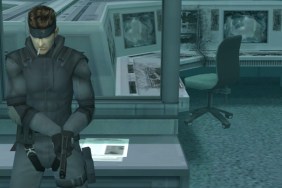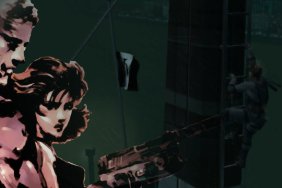Every time Konami has popped into headlines during the past year it's never been a good thing. It all seems too bad to be true. Sadly, Konami is becoming something much different than its gamer-oriented roots, all in the interest of less financial risk.
Konami's transformation hasn't been pretty. Its fall from greatness has and will continue to have a negative impact on gaming as the future of dozens of great IPs are put in question. In the gallery below I'll discuss how it's turned its back on an industry that it helped build.
5 Ways Konami Has Hurt Gamers
-
It ceased AAA game development
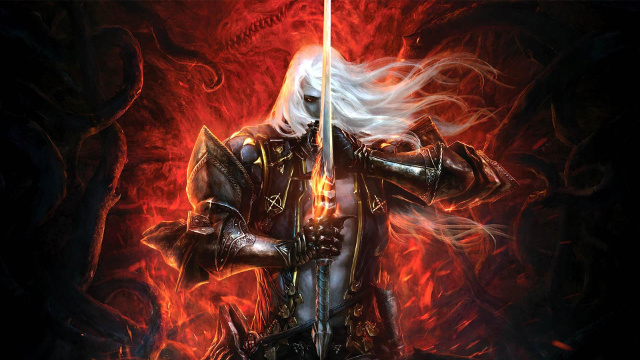
Konami was founded in 1969, and since then it has crafted some of the most notable IPs in the industry. For every great generation of gaming, there are at least three outstanding games that Konami delivered to the world. During the NES days, it made Gradius, Castlevania, and Metal Gear. Following the birth of 3D graphics, it pushed the envelope with Metal Gear Solid, Silent Hill, and Dance Dance Revolution. Its impact was felt by gamers and casuals alike.
rn
rnWith the announcement today that Konami has officially stopped investment in any AAA game development outside of Pro Evolution Soccer 2015, the future of many top-tier IPs are put in question. These IPs include Silent Hill, Metal Gear, Bomberman, Contra, Gradius, Frogger, Suikoden, Castlevania, Zone of the Enders, and more. -
It didn\'t let Konami finish his final goodbye
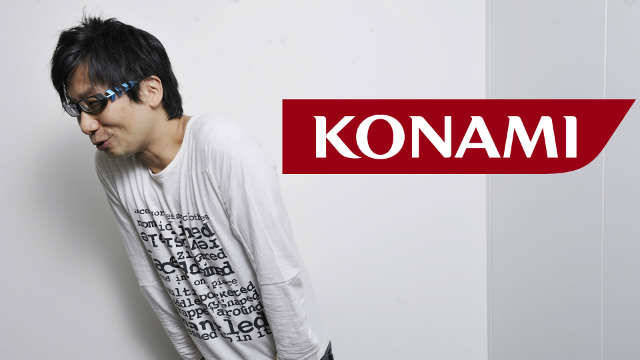
When it came to MGSV: The Phantom Pain, Hideo Kojima did the best he could with what was given. During the game's five years of development a massive 50+ hour game was crafted. Its gameplay has become the standard by which future stealth-action games will be judged. Its PC performance has left a smile on many faces. Its presentation was well-polished and designed.
rn
rnHowever, there's no getting around the fact that MGSV: The Phantom Pain falls short of its objective when it comes to story. Evidence of the game being rushed to market is left throughout the game and its data files. It's become clear that Kojima had a larger vision for the title, something that would have left an even better impression, but Konami didn't want to fund it. -
It halted the Fox Engine from realizing its full potential
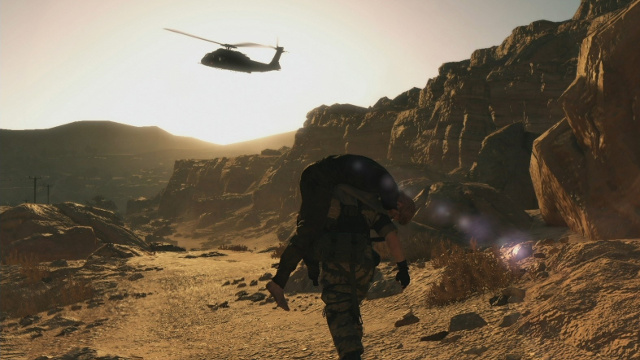
Konami invested millions of dollars into the production of the Fox Engine, and it shows. MGSV: The Phantom Pain's performance on the engine is noteworthy across several platforms, achieving stable framerates with a beautiful presentation, a rarity in this day and age.
rn
rnSurprisingly, with the death of Konami's AAA development comes an end to the FOX Engine. Well, unless you count Pro Evolution Soccer, that is. Konami has shared its intention to focus entirely on mobile and gaming machines (i.e. Pachinko machines), leaving behind the opportunity for large-budget games that drive the industry forward. -
It hurt development culture
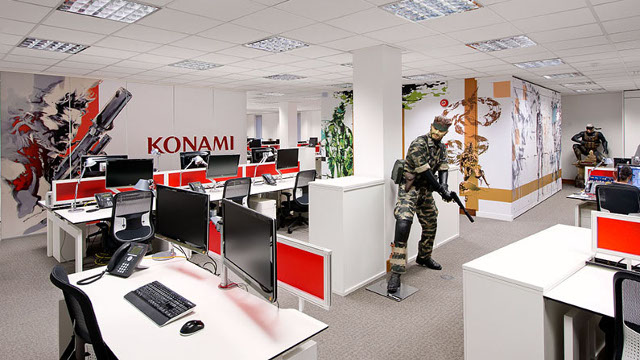
You may have heard stories about how working at Konami has been a nightmare during the past year or two. What you heard is absolutely true. While the work atmosphere in its Los Angeles and U.K. offices don't quite compare to the horrors of what has been going on in its headquarters in Tokyo, Japan, thousands suffered from its crackdown on "inefficiency" while a focus on AAA game development came to a violent close.
rn
rnA friend of mine who worked there for more than a year has shared how the company pushed micro-management to the extreme without making efforts to improve employee motivation or health, to a point of making many reconsider their career choice. This fall from greatness has definitely has its share of undeserving casualties. -
It killed Silent Hills
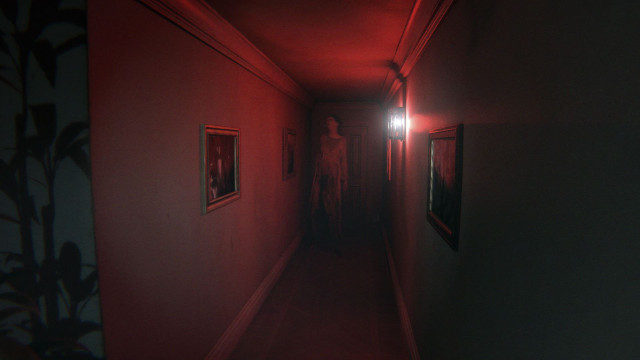
A year ago Konami was sitting on the greatest opportunity for the horror genre in years: Silent Hills. P.T. demonstrated a tremendous amount of potential that showed hope for a stagnated genre and IP. With the employment of Hideo Kojima, Guillermo Del Toro, Norman Reedus, and veteran staff from early Silent Hill games, it had all the markings of a hit.
rn
rnUnfortunately, Konami later reconsidered its investment in the title and decided that it'd rather do something else with its time and money. All that's left behind is one of the scariest pieces of video game media in the form of P.T., and two trailers that show what could have been.




